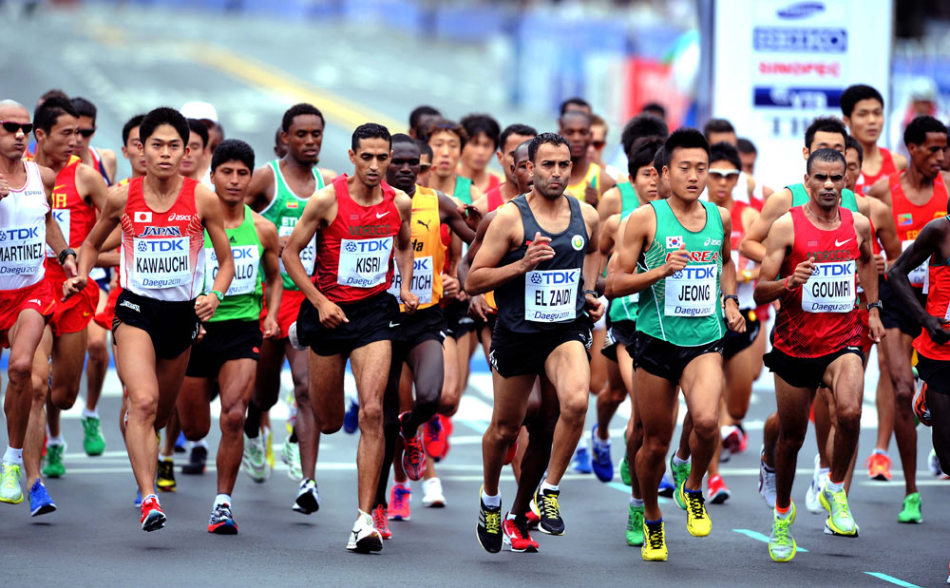More and more Chinese are willing to spend money in sports, according to a recent report launched by the State General Administration of Sports. The report says that of people from twenty years old and upwards in China, 39.9% spent money on sports in 2014, with a per capita consumption of 926 yuan (US$ 145). Obviously, China has welcomed this boom in the sports industry because people care more about their health than their purses. That’s why many sports industry giants and start-ups have rushed into this market. But how do they make money in this fiercely competitive market? A quick analysis shows how investors are doing in the Chinese sports market.
To start with, big business like Wanda, Alibaba Sports, Sina Sports, Le Sports, and PPTV are passionate about media rights, which means high prices. For example, the acquisition of Swiss sports-marketing company Infront Sports & Media has cost Wanda Group EUR 1.05 billion in Spring this year. But it is worthwhile because Infront has maintained partnerships with dozens of media companies internationally, and its professional sports media branch HBS has accumulated considerable resources in events broadcasting.
Also, mass sports start to reveal its charm in China. For instance, 2015 has seen running fever hitting several different cities. People see marathons as fashionable as well as being an achievement. Therefore, they need sportswear, equipment and facilities, which provide excellent opportunities for online shopping malls like Alibaba, and marathon organizers like Le Sports.
In addition, foreign clubs are looking to expand their youth training projects in China. Brazilian soccer legend, Ronaldo Nazario, has started his soccer schools recently by partnering with New Oriental and Alibaba Sports. Another football academy FCBEscola has finalized its pilot project in Qingdao, Shangdong, to promote the Barçelona training model in China. There is no doubt that youth training will develop rapidly, considering the strong policy support, huge investment and foreign partnerships.
“The government pictured such a profitable future for the industry, which otherwise couldn’t be imagined,” Li Jiang, executive director of Yutang Sports, said to the Wall Street Journal in a recent interview. “Even more foreign investors and talents are recently approaching us for cooperation, which I could not have imagined before.”
Source: The Wall Street Journal, Netease, fjsen.com, Chuancai Securities
Proofread by John Devlin
